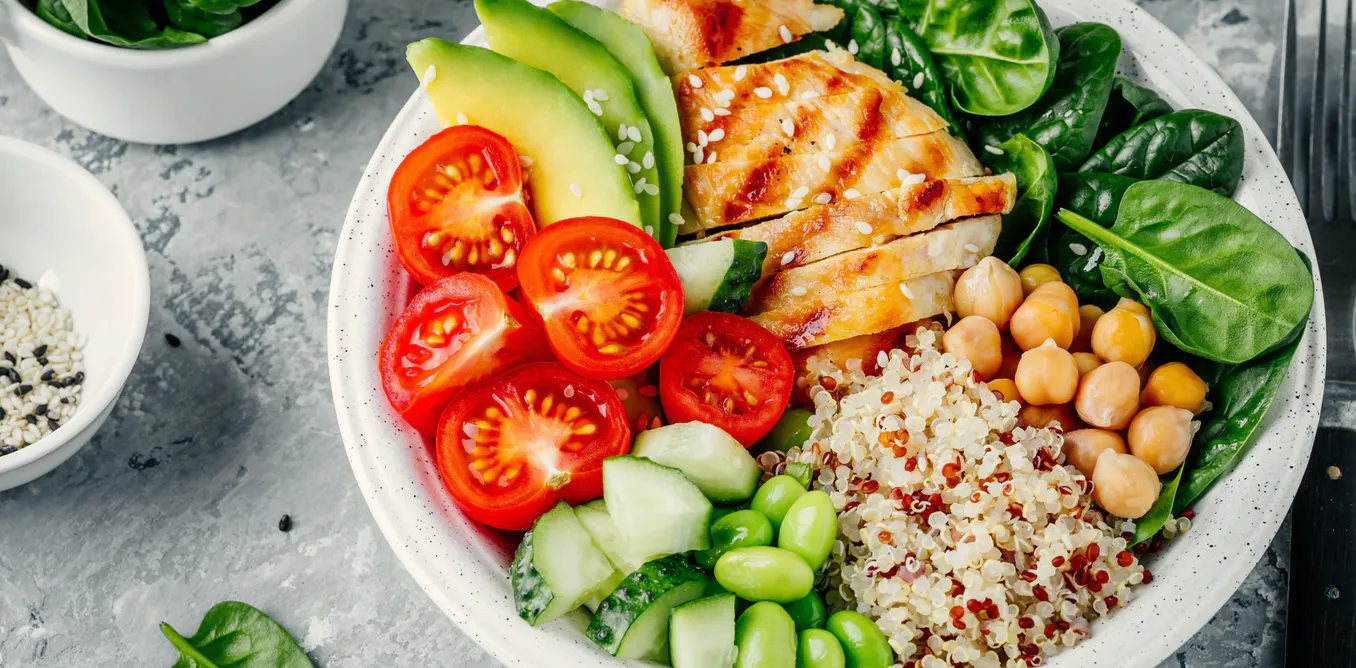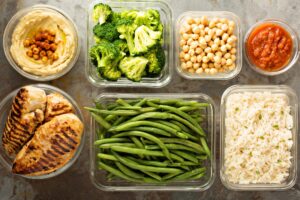
Many people are concerned about their weight reduction diet, and it is generally the very first priority in their exercise strategy. Weight loss is difficult and needs perseverance, effort, and tolerance. It could be attained by a healthful lifestyle that includes a balanced diet and regular exercise. Many people believe that losing weight necessitates extreme diets such like intermittent fasting, the 10-week diet, the keto diet, or the use of medications or tablets. This, however, is incorrect.
A well-balanced diet with the proper amounts of all food categories is required. Rather than experimenting with new foods, the cuisine that a person has been accustomed to consuming since childhood is often the greatest diet for losing weight. If you want to lose weight, you should be aware that it will not be a simple task. To reduce weight, you’ll need to put in a lot of effort, willpower, and endurance. Diet is an important aspect of losing weight, and it may be necessary to exert control on what and how much someone eats. Although it might be a long term process, some individuals might not have had the patience to wait so much longer to lose weight, particularly if they have a marriage to attend or if the holidays are approaching.
Grains, legumes, healthy fats, veggies, dairy, and fruits are all nourishing foods. Because Indian food can be prepared in a variety of ways, healthier alternatives are always available. Many Indian Culture spices and herbs, such as chillies, turmeric, garlic, cinnamon, cardamom, ginger, and basil leaves, are also incredibly beneficial. An Indian diet plan for losing weight is getting popularity currently, since more people are working in organisations and at house require appropriate nutrients and a well-balanced meal.
Everyday Diet
Early in the morning: Begin by mixing a glass of water with the grated juice of two amlas.
Breakfast: Idli-sambar, veggie paratha with curd and pickle, vegetable utappam, mixed-veg daliya, & besan chilla with mint chutney
Snacks in the Middle: Fruits and vegetables in a bowl.
Lunch: Salad and raita of pulses, beans, and vegetables.
Evening: Cooked green leafy vegetables / cooked ghiya or lauki / one bowl of vegetable soup
Dinner: A handful of nuts and fruits
Somewhere between meals, eat a glass or two of water boiled using cumin or fennel seeds.

For 3 days, stick to this plan. Have a day off in between and consume fruit and veggies and drink vegetarian juices for one day, then continue with the same schedule for the next 3 days.
Maintaining a good sleep cycle is also crucial. Ghrelin and leptin, the hunger and satiety hormones, are affected by sleep. As a result, it’s critical that you get at least 7-8 hours of quality, undisturbed sleep each night.
The 7 day detoxification would not only lead to weight loss more quickly, but it will also keep you healthy. Adopting this strategy will guarantee that you get all of the nutrition you need for a day without consuming a lot of calories. It’s crucial to note that while very low carb diets may produce immediate weight loss, they’re not long-term viable.
Include Following nutrients in your diet
Carbohydrates:
Carbohydrates are the body’s primary source of energy, and they should account for half of the daily calories. It’s critical, though, to choose the correct carbs. Simple carbohydrates, such as bread, biscuits, white rice, and wheat flour, are high in sugar and therefore unhealthy. Instead, choose complex carbs, which are higher in fibre and contain more nutrients than simple carbs. It’s because fiber-rich refined carbohydrates are more difficult to digest, so they keep you fuller for longer, making them the ideal option for weight loss. Brown rice, millets like ragi, and oats are all rich sources of complex carbohydrates.
Proteins:
The majority of Indians do not get enough protein on a regular basis. This is problematic since proteins are required to form and repair damaged, muscles, cartilage, and skin, and to pump the blood. Therefore. A high-protein diet could also aid weight loss by promoting muscle growth, which burns more calories than fat.
Protein from complete dals, paneer, chana, milk, green vegetables, eggs, white meat, or sprouts, for example, should make up roughly 30% of your diet. Every meal should include at least one serving of protein.
Fats:
Fats, an ingredient with a negative connotation, are necessary for the system because they produce hormones, retain vitamins, and give energy. Healthy fats polyunsaturated, monounsaturated, and Omega-3 fatty acids – should make up one-fifth or 20% of your meals, according to specialists.
